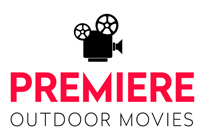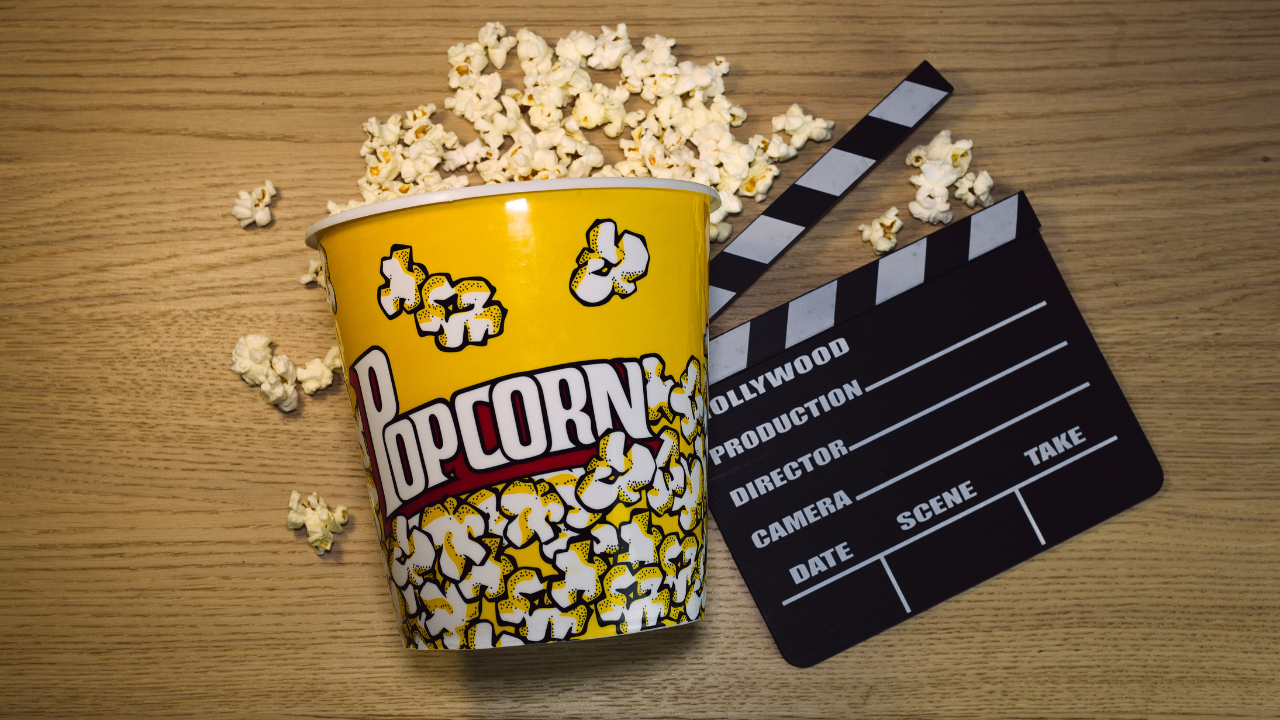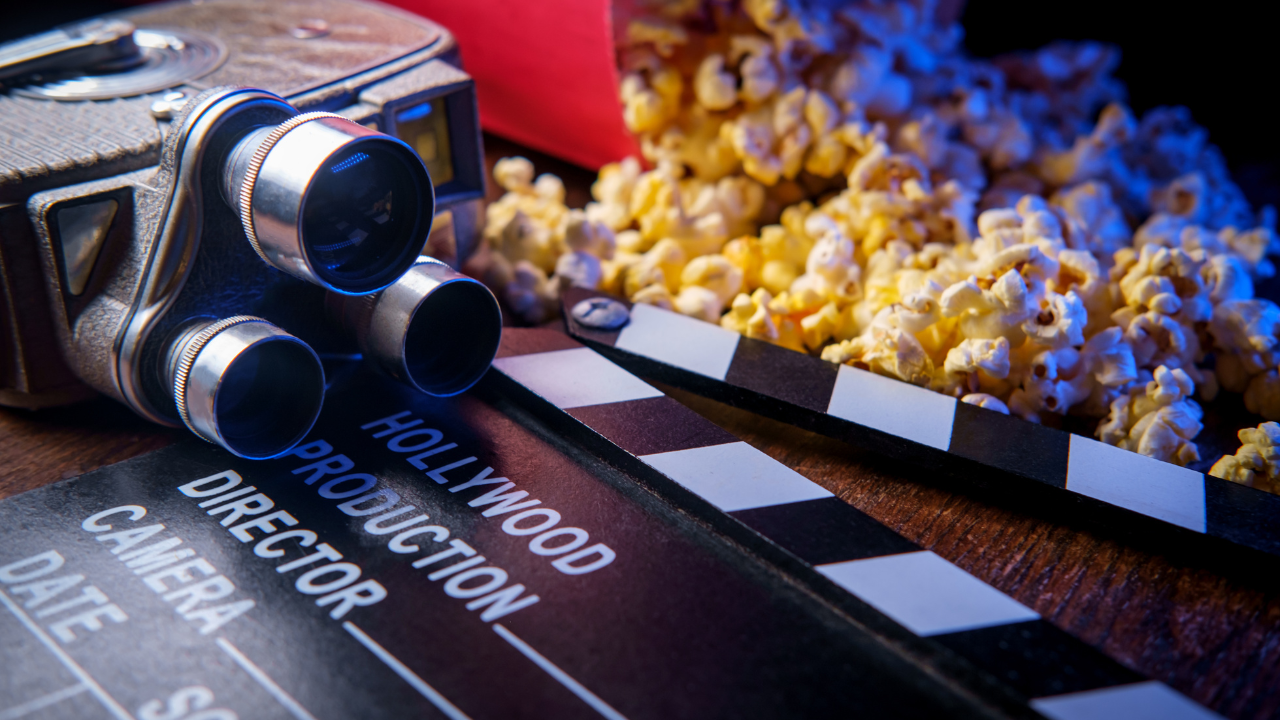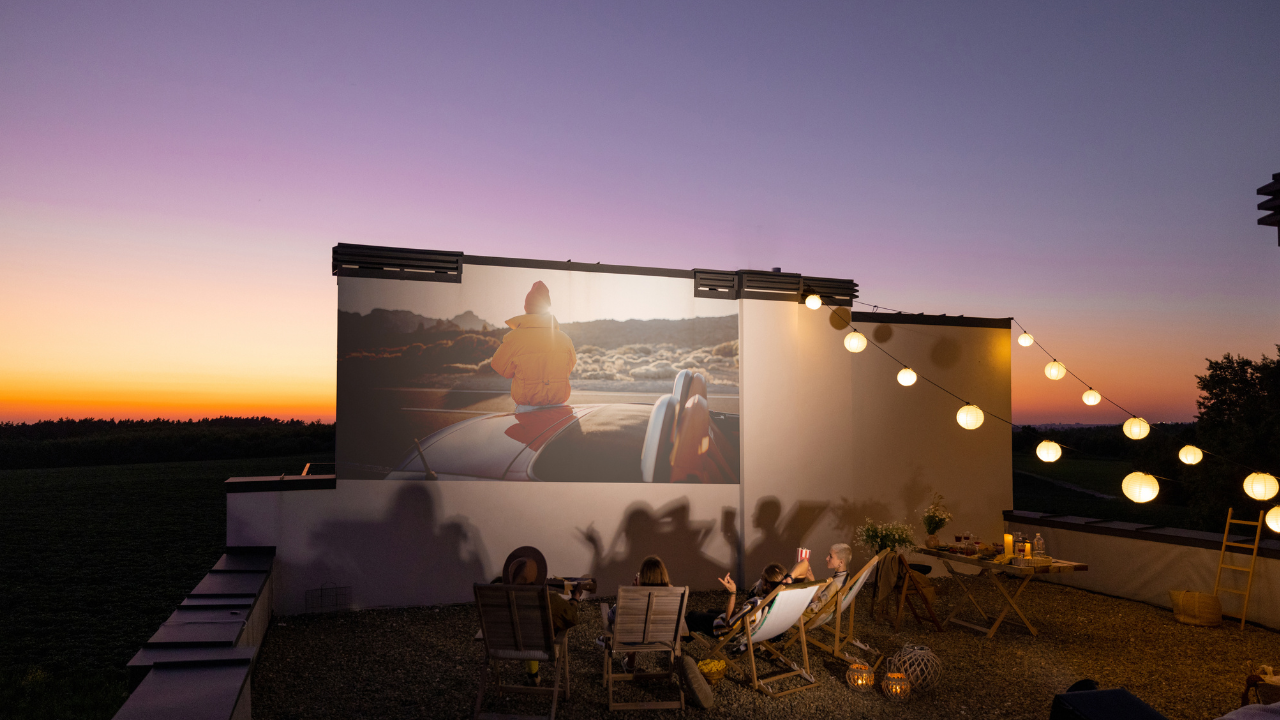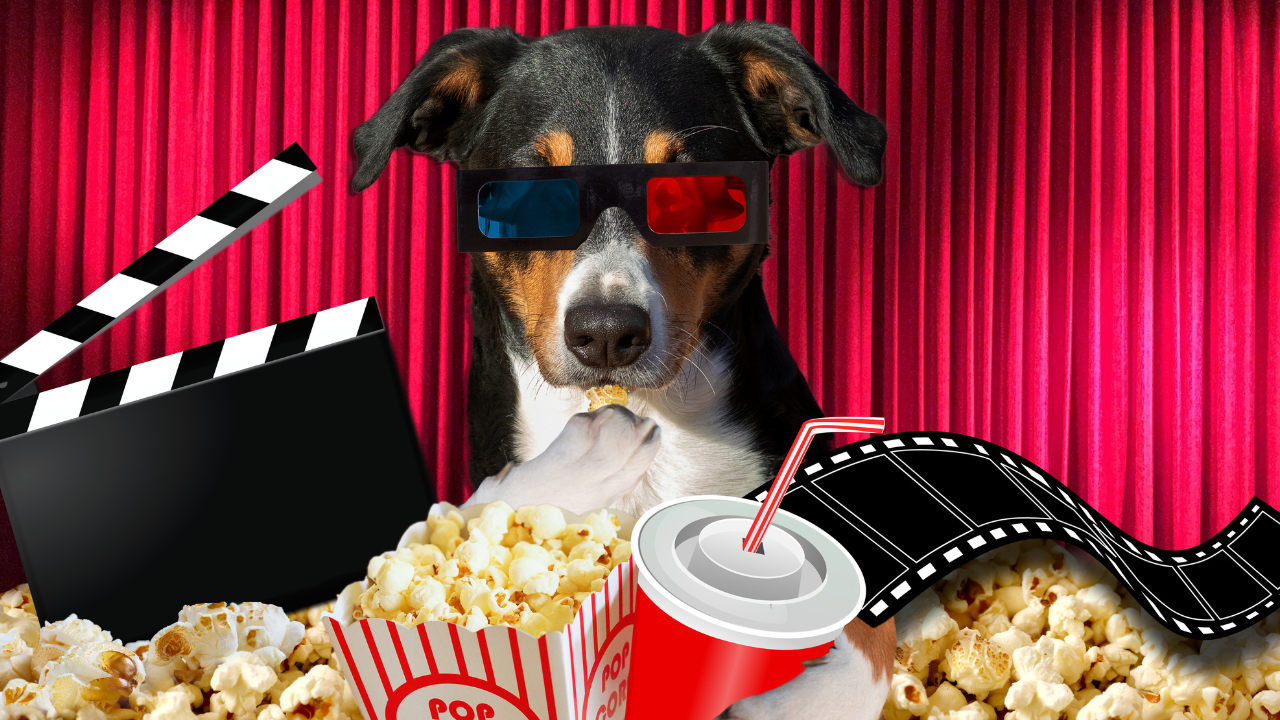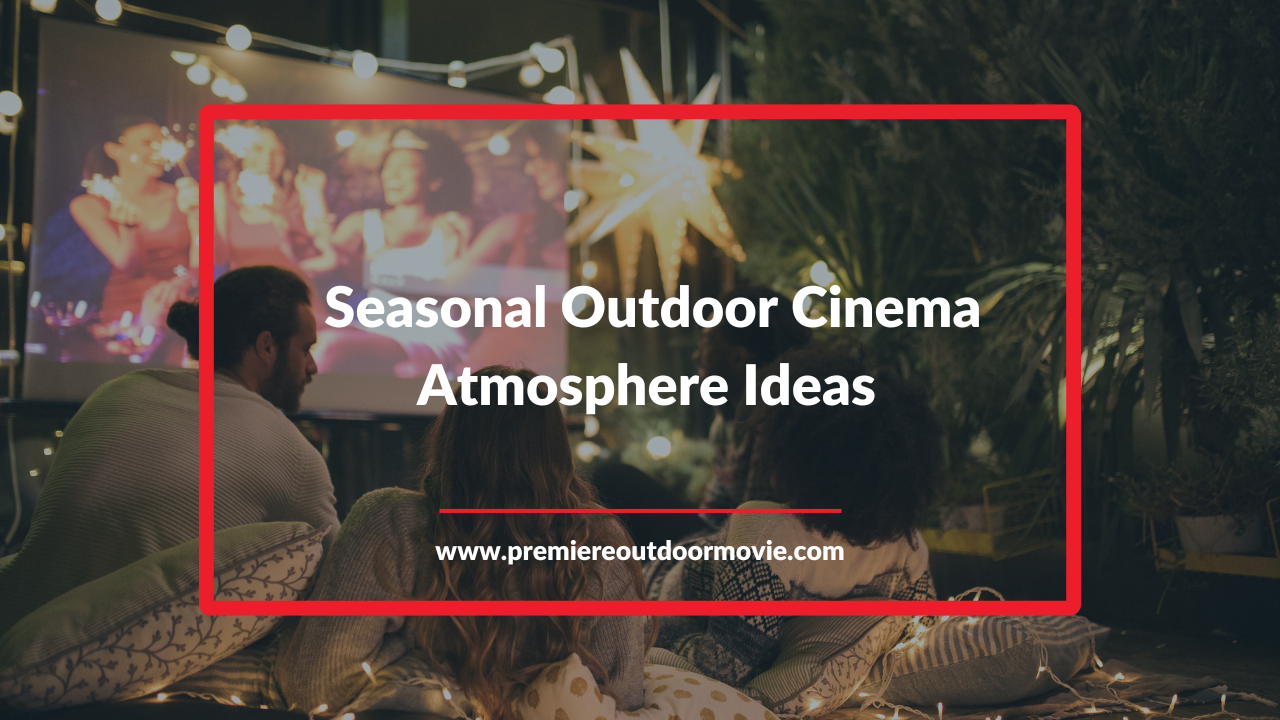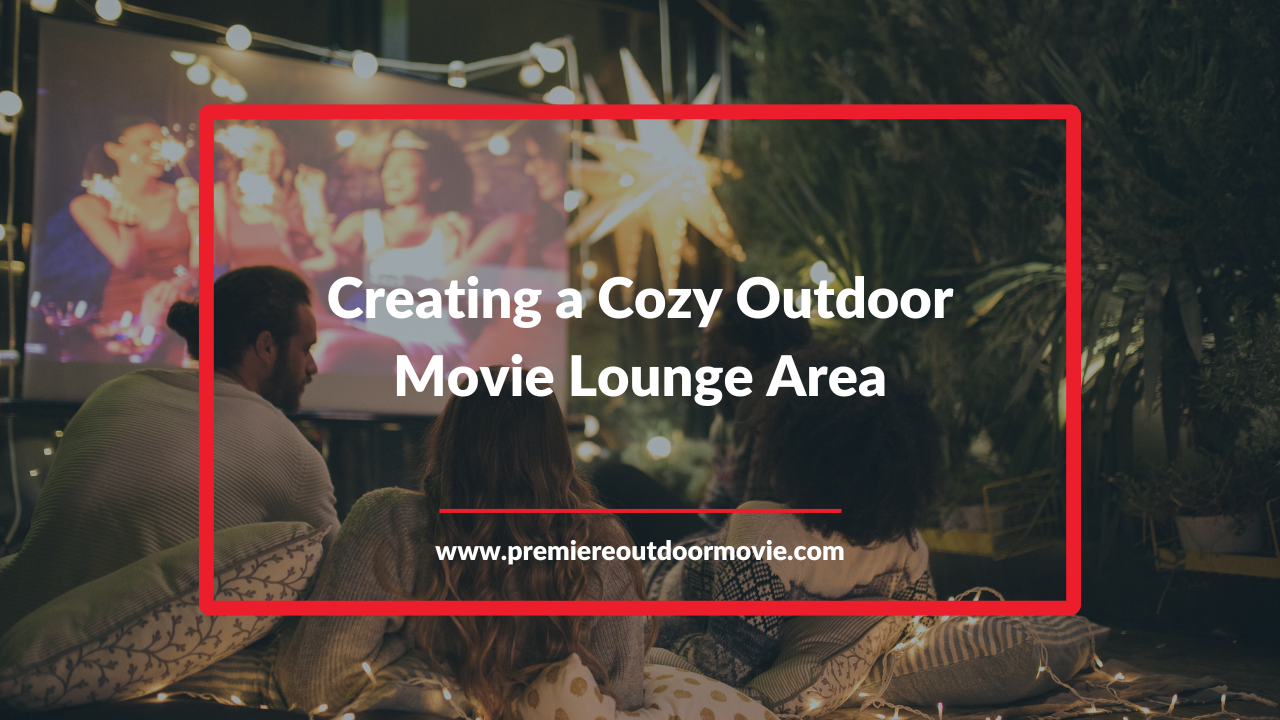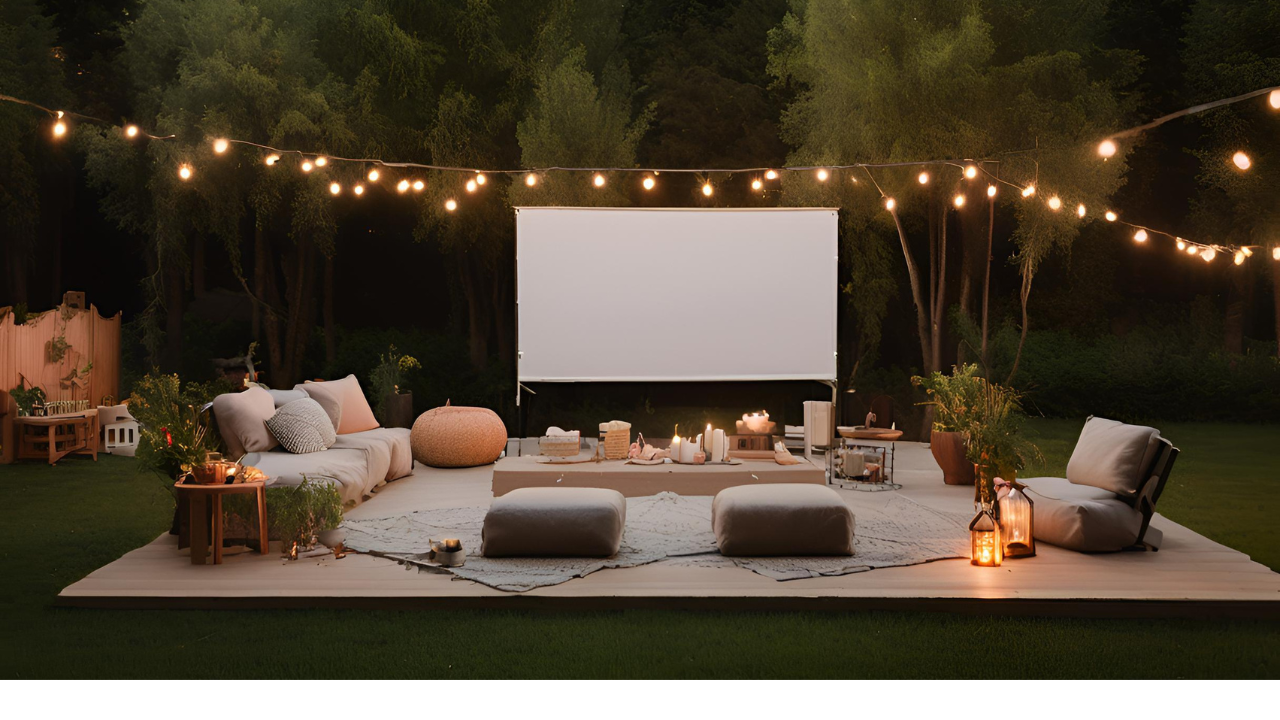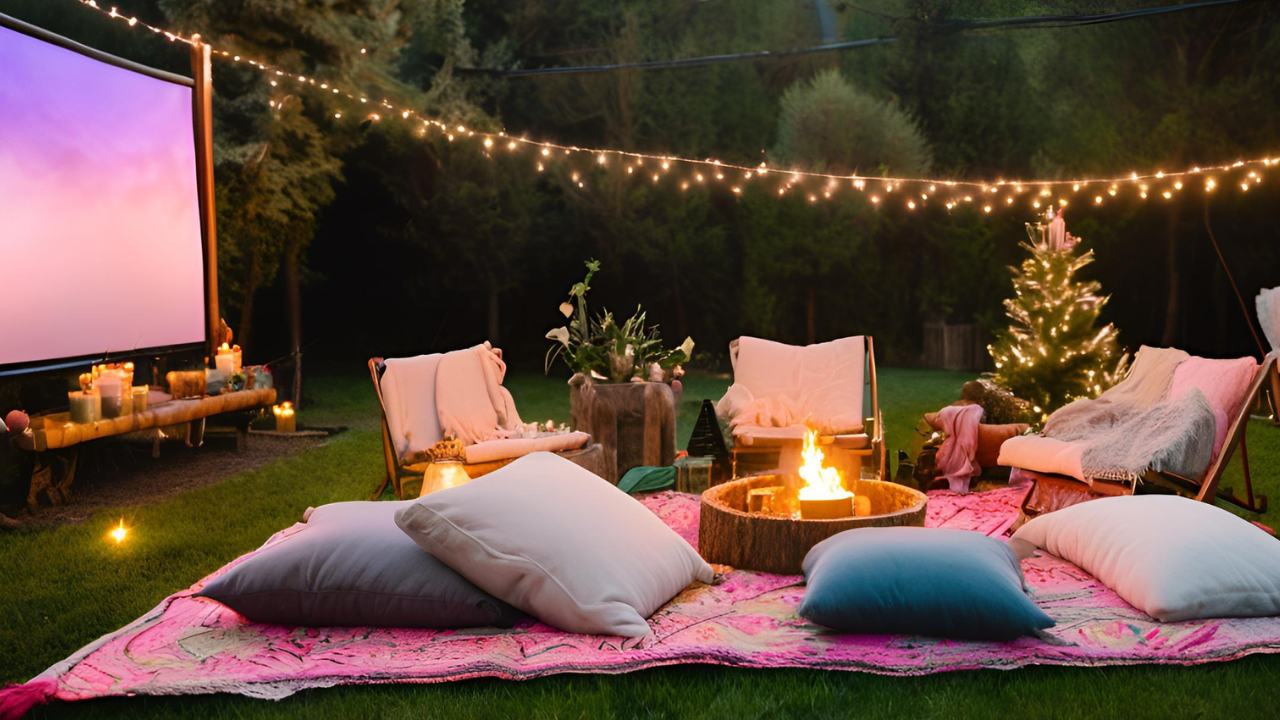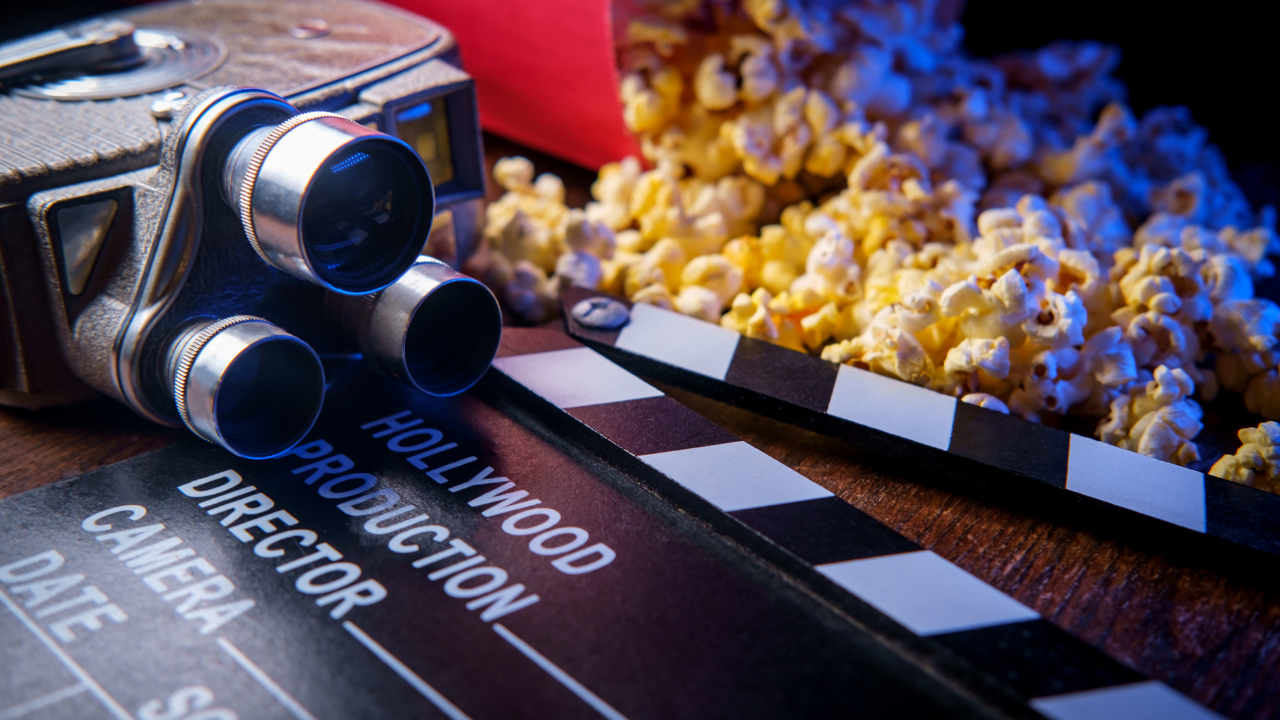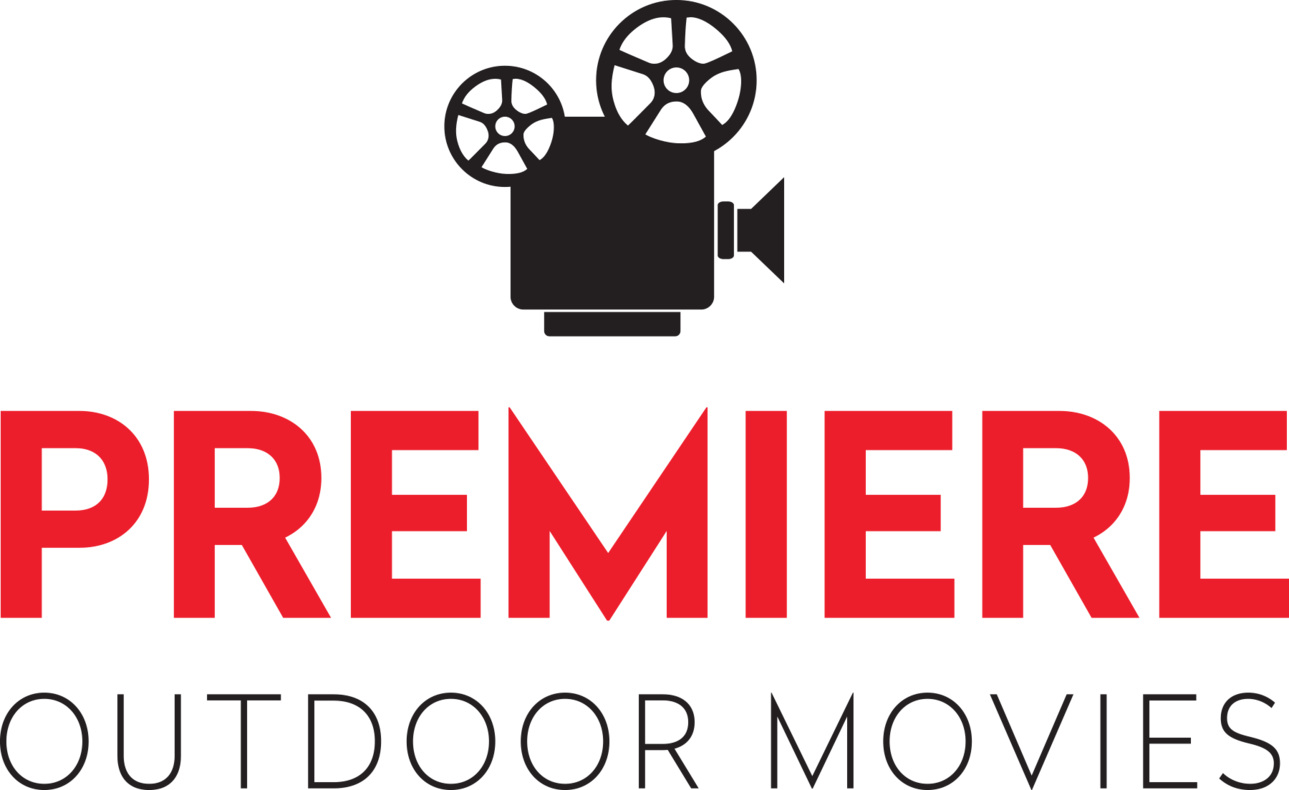Understanding Local Weather for Outdoor Movie Planning
Key Points
- Local weather patterns greatly affect outdoor movie planning.
- Seasonal changes and local weather effects can impact your event's success.
- Important factors: temperature, rain, and wind speed.
- Seasonal strategies help with summer shows and managing risks in other seasons.
- Using weather-resistant gear and ensuring audience comfort are very important.
- Contingency plans and risk management help keep events running smoothly.
- Community resources and advanced weather tools improve planning accuracy.
Weather Basics for Outdoor Movies
Understanding local weather is crucial for anyone planning outdoor movie events. Let’s look at the key factors that can make or break your outdoor cinema experience.
Local Weather Patterns
Seasonal changes are important for planning outdoor events. Each season has its own challenges and benefits. For example, summer offers warm nights, making it great for late shows, while fall can be cool and comfortable but may have early sunsets.
Local weather effects, like nearby lakes or city heat, can create different weather conditions than what is predicted for the wider area. For instance, a park by a lake may be cooler and more humid than a downtown park just a few miles away.
Regional climate also shapes your planning. Places near the coast may face sea breezes and fog, while areas further inland might have big temperature changes between day and night. Knowing these patterns helps you pick the best spots and times for your outdoor movies.
Key Weather Factors for Planning
When planning your outdoor movie night, pay attention to three main factors:
- Temperature: Comfort is key. The best temperature range for outdoor movies is usually between 65°F and 75°F (18°C to 24°C). Be ready for it to get cooler as the night goes on.
- Rain chances: Rain can ruin an outdoor movie. Look at past weather data and forecasts for the chance of rain. If there's even a 30% chance of rain, have a backup plan ready.
- Wind speed: Wind can disrupt screens and sound. Wind speeds below 10 mph (16 km/h) are usually okay, but anything higher might need extra support for your equipment.
Here’s a quick reference for weather metrics:
| Factor | Ideal Range | Caution Zone | High Risk |
|---|---|---|---|
| Temperature | 65-75°F (18-24°C) | 55-64°F or 76-85°F | Below 55°F or above 85°F |
| Rain Chance | 0-10% | 11-30% | Above 30% |
| Wind Speed | 0-5 mph | 6-10 mph | Above 10 mph |
Seasonal Planning for Movie Nights
Adjusting your outdoor movie events for different seasons needs careful planning and flexibility. Here are some strategies for summer and transitional seasons.
Summer Movie Nights
Summer is the best time for outdoor movies, but it has its challenges. Here’s how to make the most of it:
- Timing: Start your movies just after sunset to enjoy the best lighting. Use apps to find out sunset times.
- Stay Cool: Set up misting stations or provide fans to keep everyone cool. Offering cold drinks or ice cream is also a hit.
- Evening Temperatures: Even on hot days, nights can be cool. Suggest that guests bring light jackets or offer blanket rentals.
Planning for Transitional Seasons
Spring and fall can be great for outdoor movies, but they come with more unpredictable weather. Here’s how to handle these times:
- Weather Readiness: Be prepared for different weather conditions. Have portable heaters ready for cooler nights.
- Risk Management: Have a clear cancellation policy and communicate it early. Consider offering rain checks or moving indoors if needed.
- Flexible Scheduling: Plan for multiple dates or set a rain date to find the best weather.
Equipment and Comfort Considerations
The right gear can make your outdoor movie event much more enjoyable, no matter the weather.
Weather-Resistant Equipment
Investing in suitable gear is key for successful outdoor movies:
- Protect Projectors: Use weatherproof cases for your projectors. Short-throw projectors can be set up closer to the screen to avoid bad weather.
- Sound Systems: Choose marine-grade speakers that can handle humidity and light rain. Use weatherproof cables for your setup.
- Screen Stability: Opt for inflatable screens with strong anchors or rigid frames designed to resist wind. Always have extra sandbags or weights ready for added stability.
Ensuring Audience Comfort
Making sure your audience is comfortable is crucial for a successful event:
- Seating Comfort: Provide insulated seat pads or suggest that guests bring their own. Rent or sell stadium blankets for cooler evenings.
- Humidity Control: In humid areas, set up dehumidifiers or offer personal fans for better air circulation.
- Wind Protection: Use temporary fencing or parked vehicles to block wind. Provide complimentary hair ties for guests with long hair.
Managing Risks and Contingencies
Even with careful planning, weather can be unpredictable. Strong contingency plans are essential for outdoor movie organizers.
Dealing with Rain
To handle the threat of rain, use these strategies:
- Rain Forecasting: Use professional weather services and local meteorologists for accurate forecasts. Consider getting a portable weather station for real-time data.
- Backup Locations: Have an indoor place ready, like a community center or school gym. Alternatively, prepare large tents that can be set up quickly.
- Real-Time Monitoring: Have someone on your team keep an eye on weather conditions using radar apps and lightning trackers.
Clear Event Protocols
Set clear guidelines for weather-related decisions:
- Cancellation Rules: Decide on specific weather conditions that would lead to postponement or cancellation, such as high wind speeds or rain chances.
- Communication Plans: Use various channels like social media, email, and on-site signs to keep attendees updated on any changes.
- Refund Policies: Clearly explain your refund policy and offer alternatives like credits for future events or indoor screenings to keep customers happy.
Community and Weather Resources
Using available resources can greatly improve your outdoor movie planning.
Weather Forecasting Tools
Make the most of the many forecasting resources available:
- National Weather Service: Use the NWS website and app for official weather forecasts and alerts.
- Local Weather Data: Connect with nearby universities or weather enthusiasts who may have personal weather stations for more localized data.
- Advanced Prediction Technology: Look into AI-powered weather apps that use machine learning to give you better forecasts for your area.
Collaborating with the Community
Work with your community to improve event planning:
- Event Coordination: Team up with other local event planners to share weather insights and resources.
- Shared Weather Networks: Join or create a local planners' network to share real-time weather updates.
- Local Weather Experts: Consult retired meteorologists or climate scientists in your area for expert advice on local weather patterns.
Conclusion: Creating Great Outdoor Movie Experiences
Understanding local weather patterns is essential for successful outdoor movie events. By using seasonal strategies, investing in the right equipment, and having solid contingency plans, you can reduce weather-related risks and enhance audience enjoyment.
Remember, the key to outdoor cinema is preparation, flexibility, and respect for the ever-changing weather. With these tools and strategies, you’re ready to create unforgettable movie nights under the stars, rain or shine.
For more information on outdoor movie equipment and planning services, visit Premiere Outdoor Movie. Let’s make your next outdoor screening a huge success!
Contact Your Local Premiere Outdoor Movie Office.
Please begin by selecting your State below:
